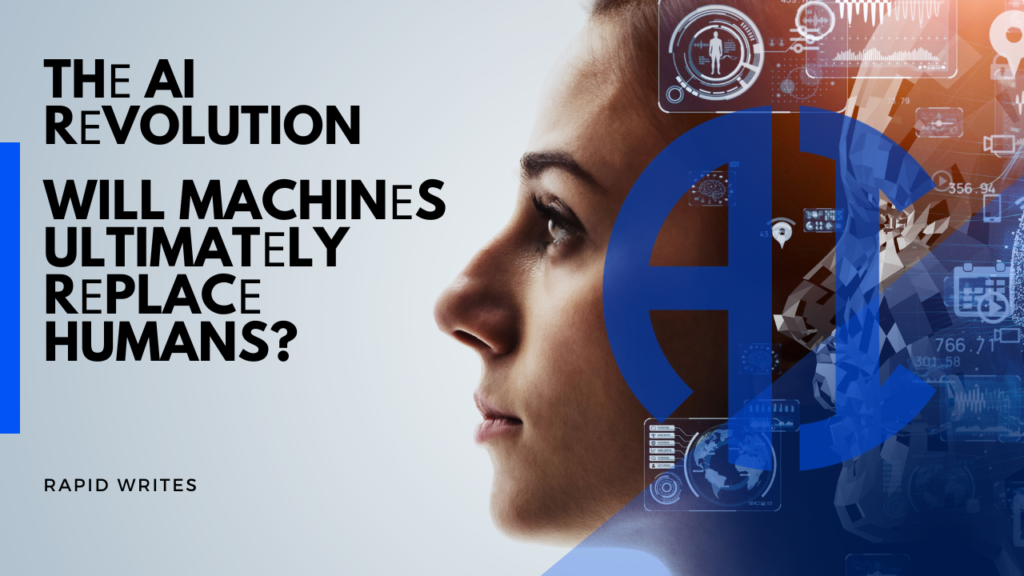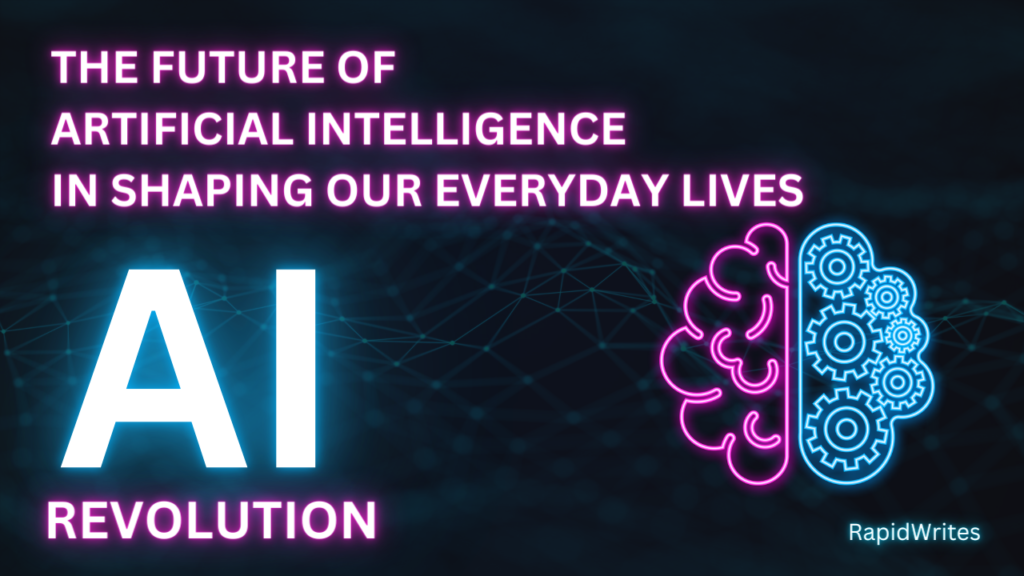Introduction:
As we stand at the cusp of a new generation, artificial intelligence (AI) continues to shape our world in ways we never imagined. From self-driving cars to personalized medicine, AI’s potential appears boundless. But what does the future truly hold for AI? In this post, we’re going to explore the upcoming trends, potential impacts, and ethical issues of this rapidly evolving field.
1. Advancements in Machine Learning and Deep Learning:
The heart of AI’s evolution lies in machine learning and deep learning. We’re expecting to see these technologies become more sophisticated, allowing AI to perform complex tasks with more accuracy and efficiency. This should result in breakthroughs in fields like healthcare, where AI could assist in diagnosing diseases with precision surpassing human abilities.
2. AI in Everyday Life:
AI becomes more integrated into our daily lives. From smarter personal assistants to AI-driven personalization in shopping and entertainment, the way we interact with technology will become more seamless and intuitive. This integration will transform user experiences and significantly impact how we work, learn, and entertain ourselves.
3. Ethical AI and Governance:
As AI becomes more powerful, the ethical implications become more significant. Issues like privacy, security, and the potential for bias in AI algorithms will take center stage. We’ll likely see more robust frameworks and guidelines emerging to govern the development and deployment of AI technology, ensuring they are used responsibly.
4. AI and Job Transformation:
One of the most widely discussed aspects of AI is its impact on jobs. While AI will undoubtedly automate some tasks, it’s also expected to create new jobs and industries, just like the internet did. The key will be in adapting our workforce through education and training to prepare for these changes.
5. Breakthroughs in Natural Language Processing (NLP):
Advancements in NLP will continue to break down language barriers, enabling more natural and meaningful interactions between humans and machines. This could revolutionize customer service, education, and various other fields where communication is fundamental.
6. AI in Decision Making:
Expect AI to play a larger role in business and governance decision-making. By analyzing vast amounts of data, AI can provide insights and predictions to guide more informed and effective decisions. However, this also raises questions about the balance between human and machine input in critical decisions.
7. The Intersection of AI and Other Technologies:
AI may not evolve in isolation. Its intersection with other emerging technologies like the Internet of Things (IoT), blockchain, and quantum computing will lead to entirely new possibilities and applications, potentially reshaping whole industries.
Conclusion:
The future of AI is not just about technological innovations; it’s about how we as a society choose to embrace and shape this technology. As we navigate through these uncharted waters, it’s essential to foster a collaborative environment where innovation is balanced with ethical responsibility. The journey ahead is as exciting as it is uncertain, and it promises to redefine our world in profound ways.



